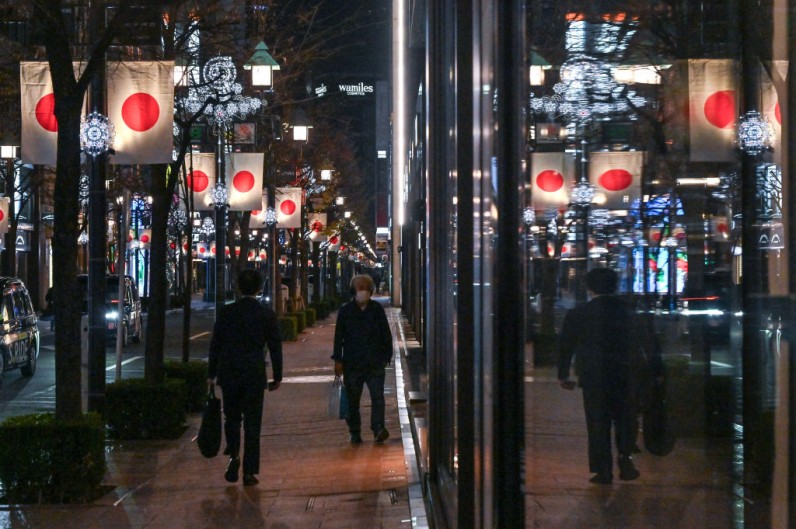
Japanese AI tool predicts when recruits will leave their jobs. Bosses concerned about turnover or the length of a new hire's tenure may now rely on AI to predict who will be the next to leave.
Japanese researchers developed an artificial intelligence tool to help managers provide targeted support to employees to prevent them from quitting.
Japan's New AI Tool Can Predict if Employee Will Quit Job
It crunches data on employees at a company, from attendance records to personal information like age and gender,
The AI tool was developed by Tokyo City University professor Naruhiko Shiratori and a start-up based in the Japanese capital.
The program also analyzes data on employees who have left the company or taken a leave of absence to generate a turnover model for each business.
Shiratori, a media education expert, said on Friday that when data on new recruits is fed into it, it forecasts who is likely to resign "in percentage points".
The findings might be used by management to "suggest to the high-risk employee -- without showing a raw figure, which could be shocking to him or her- that the company is ready to offer support, because AI suggested they may be facing difficulties" , Shiratori said in a statement.
The researchers developed the program based on a prior study that used artificial intelligence to forecast the characteristics of university students likely to drop out.
According to CNA, they are already preparing an upgrade so that the AI tool may propose appropriate assignments for new employees based on information from job interviews, as well as their qualities and personal history.
Japanese businesses traditionally hire graduates at the same time each year, but according to official data, one in every ten hires fresh from college leaves their jobs within a year.
Japan's Labor Shortage
According to the labor ministry, over 30% of employees quit their business within three years. BBC reported that the current population of 124.35 million has been declining for 13 years. And from 2022 to 2040, Japan's labor force is predicted to drop by 12%, with the country losing 11 million people.
Meanwhile, Asia's second-largest economy already has the world's oldest population, with 29% of residents aged 65 and up.
The country also boasts one of the world's lowest birth rates, with 758,631 babies born last year. This is the lowest number since records began in the nineteenth century.
The government's efforts to increase birth rates have been largely unsuccessful. Prime Minister Fumio Kishida stated that his country is "on the verge of being unable to function."







Join the Conversation